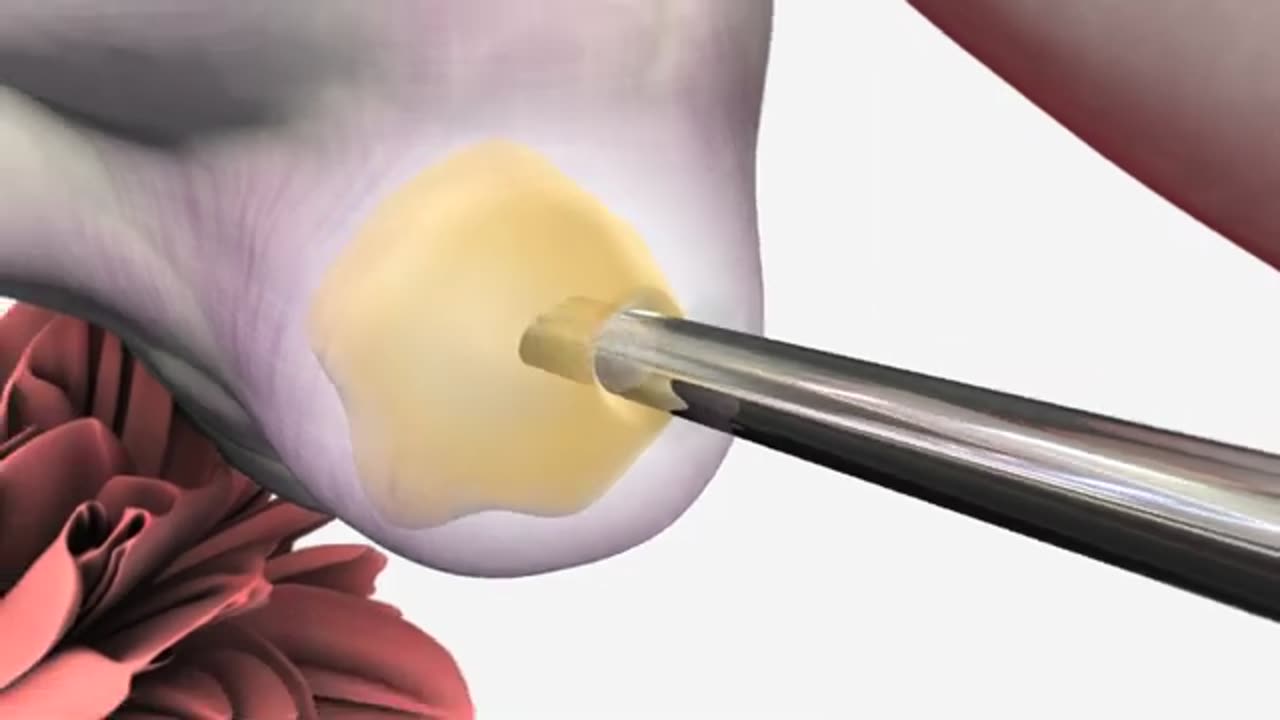Premium Only Content

Egg Retrieval - Process of IVF
## Egg Retrieval for IVF: A Brief Overview
**Egg retrieval** is a crucial step in the In Vitro Fertilization (IVF) process. It involves collecting eggs from a woman's ovaries to be fertilized with sperm in a laboratory setting.
### How it works:
1. **Hormone Stimulation:** The woman is given fertility medications to stimulate the development of multiple follicles (sacs containing eggs) in her ovaries.
2. **Monitoring:** Ultrasound scans are used to track the growth of these follicles and determine when they are ready for retrieval.
3. **Retrieval Procedure:** The procedure is typically performed under mild sedation. A thin needle is inserted through the vagina and into the ovaries, guided by ultrasound. The eggs are then aspirated from the follicles.
4. **Fertilization:** The retrieved eggs are fertilized with sperm in a laboratory setting.
**Why is it necessary?**
* **Fertility issues:** It can be helpful for women with fertility problems, such as blocked fallopian tubes or low egg quality.
* **Age-related fertility decline:** As women age, their egg quality and quantity decrease. IVF with egg retrieval can be an option for older women seeking to have a child.
* **Genetic testing:** It allows for preimplantation genetic testing (PGT), where embryos can be screened for genetic conditions before transfer.
**Important considerations:**
* **Risks:** While generally safe, egg retrieval carries some risks, such as ovarian hyperstimulation syndrome (OHSS) and discomfort.
* **Success rates:** The success rate of IVF varies depending on factors like the woman's age, the cause of infertility, and the number of embryos transferred.
* **Cost:** IVF is a costly procedure, often involving multiple cycles.
If you're considering IVF, it's essential to consult with a fertility specialist to discuss your options and determine if egg retrieval is the right choice for you.
**Would you like to know more about any specific aspect of egg retrieval or IVF?**
-
 1:57:54
1:57:54
The Quartering
5 hours agoRand Paul Praises Trump, Amazon Takes Control of Bond, and Delta Gives Passengers $30,000
54.8K22 -
 1:01:59
1:01:59
The White House
3 hours agoPress Secretary Karoline Leavitt Briefs Members of the Media, Feb. 20, 2025
51.2K49 -
 59:58
59:58
Russell Brand
5 hours agoLive from Mar-a-Lago: The Globalist Empire’s Last Stand – SF541
117K129 -
 35:23
35:23
CryptoWendyO
2 hours ago $1.35 earnedCrypto Chaos Unleashed: Trump Making USA The Bitcoin Capital Of The World
17K1 -
 1:03:00
1:03:00
The Dan Bongino Show
7 hours agoTrump Keeps Delivering And The Libs Are Seething (Ep. 2427) - 02/20/2025
745K1.78K -
 1:20:26
1:20:26
Nerdrotic
5 hours ago $4.43 earnedSuper Chat Square Up - Nerdrotic Nooner 466
66.9K2 -
 2:05:00
2:05:00
Steven Crowder
7 hours agoTrump Slams Dictator Zelensky: Why He NOW Has a Point
476K310 -
 2:58:22
2:58:22
LFA TV
20 hours agoKASH CONFIRMATION & PRESS BRIEFING! | LIVE FROM AMERICA 2.20.25 11AM
114K55 -
 2:14:42
2:14:42
Matt Kohrs
16 hours agoIt's A Bull Trap, Partner! || The MK Show
100K3 -
 40:25
40:25
BonginoReport
10 hours agoTrump Cancels Zelensky’s 'Gravy Train' (Ep.144) - 02/20/2025
153K167